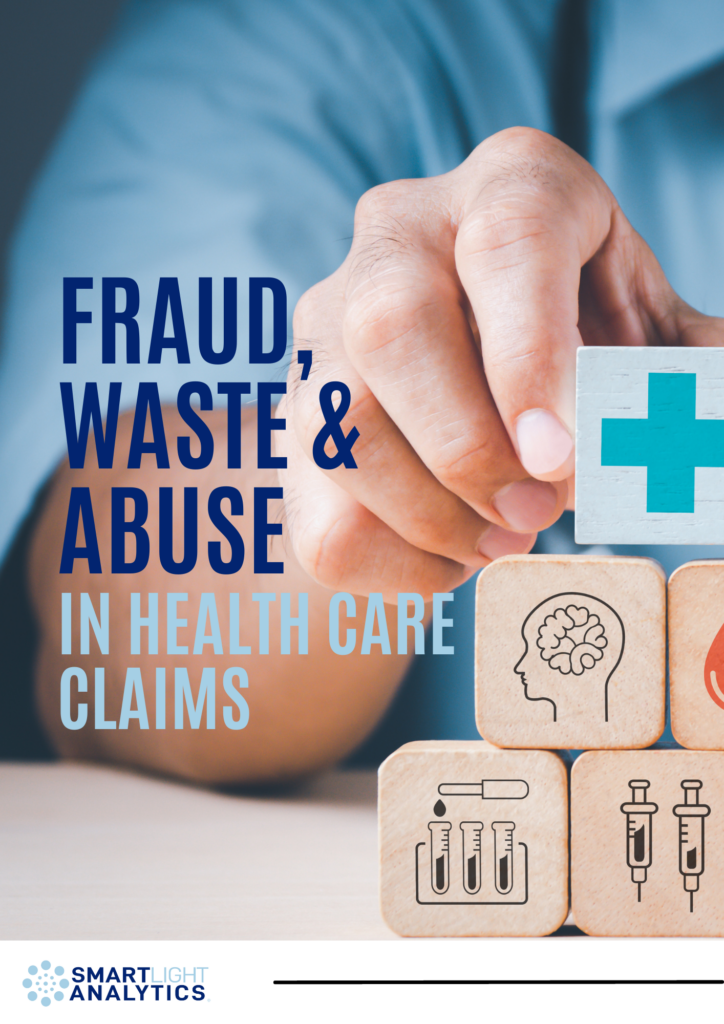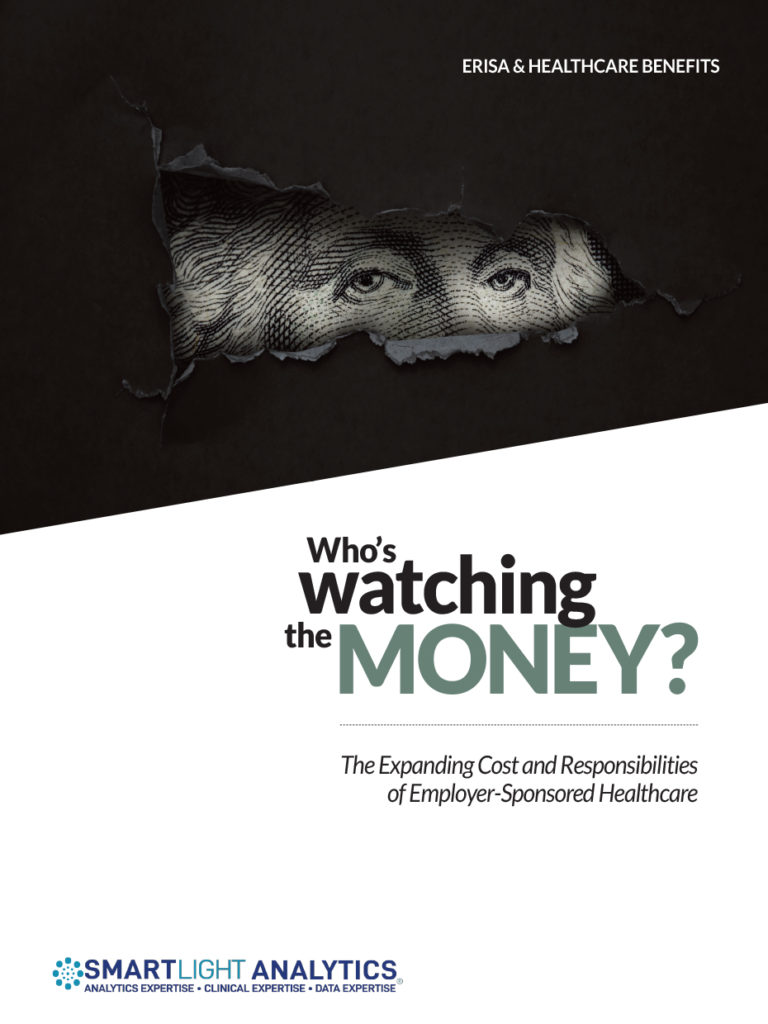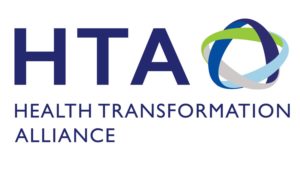
The difference between auditing healthcare claims and ongoing monitoring
Ongoing monitoring analyzes 100% of healthcare claims data continually to look for issues to help employers make plan decisions.



As a self-funded employer, you play a vital role in protecting the integrity of your health care program. In this document you will learn about:
Examining exactly where health care dollars are spent is not just a budget management or cost-saving practice for business, as plan sponsors are reminded often, it is also a fiduciary responsibility under the Employee Retirement Income Security Act (ERISA).
The City of Fort Worth, Texas — the 12th largest city in the U.S. and the 5th largest in the state — presents a textbook case study for the pervasiveness of pharmacy fraud hidden in health care claims and the action required to combat the ever-evolving abuse.

Ongoing monitoring analyzes 100% of healthcare claims data continually to look for issues to help employers make plan decisions.

An old scheme previously identified in Long Term Care (LTC) facilities has become routine in residential mental health settings as well. An increasing number of suspect mental health facilities are viewing its residents as revenue streams at the expense of the employers’ health plans and driving up costs.

Inc. magazine ranked SmartLight Analytics No. 148 on its annual Inc. 5000 list, the most prestigious ranking of the fastest-growing private companies in America.

The process of paying a medical claim involves multiple stages with built-in checks and balances. Yet because the process used by claims administrators is largely automated and complex, errors in claim payments persist, costing self-funded employers millions.

Transparency requirements do not enable a consumer to “shop” for services because of the very nature of healthcare and how it is delivered.

FORT WORTH, TX – In its work to reduce the cost of employee health care claims, the City of Fort Worth has excluded 24 suspect





